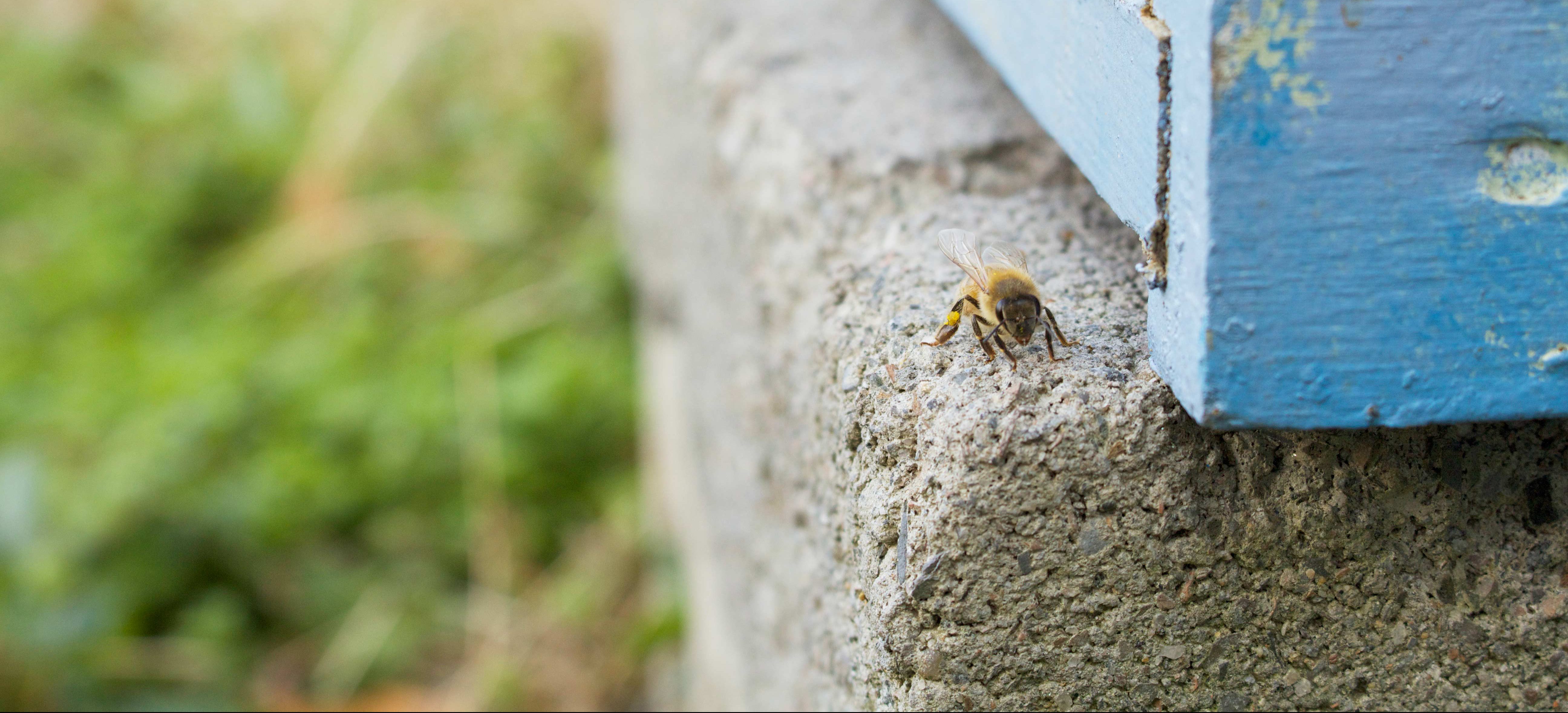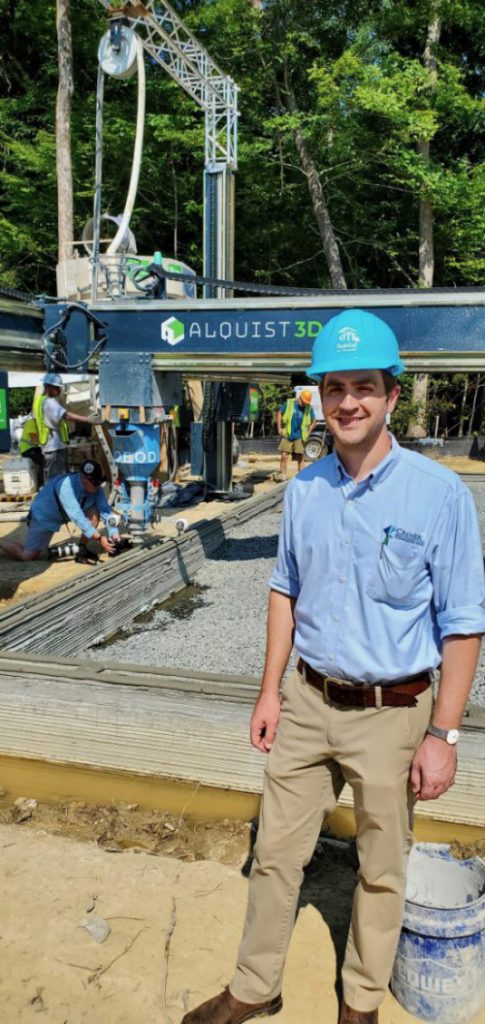On Sept. 30, seven species of yellow-faced bees were added to the United States’s endangered species list.
Not all bees are endangered. The yellow-faced bees added to the list are native to Hawaii, but this addition is a big deal for bees across the U.S. This is the first time that U.S. bees have been classified as endangered, which has caught the attention of many across the country.
Social media has been buzzing with concern about protecting all bees in hopes of preventing more species from becoming endangered. Facebook users can like and join Facebook groups concerned with the well-being of bees.
Companies like Häagen-Daz participate in the bee support by encouraging customers to send them selfies while planting a flower to win a year’s supply of ice cream.
Virginia Wesleyan College has been working with bees long before their addition to the endangered species list. The college offers a one-credit course called Bees and Beekeeping taught by Dr. Daniel Margolies. The course gives historical perspectives on beekeeping and hands-on experiences with hives on campus.
For students who have already taken the course, there is a Beekeeping Club that meets on Fridays from noon to 1 p.m.
 Senior Collette Vauthier, president of the Beekeeping Club, has been beekeeping throughout her time at Virginia Wesleyan College.
Senior Collette Vauthier, president of the Beekeeping Club, has been beekeeping throughout her time at Virginia Wesleyan College.
“You can’t just take the class once and forget about the bees. The bees are too powerful,”
Powerful, indeed. According to Jessica Tucker of One Green Planet, an environmental awareness organization, “Bees are responsible for pollinating about one-sixth of the flowering plant species worldwide and approximately 400 different agricultural types of plant.”
As important as their role in the ecosystem is, their plight went unnoticed by many outside active environmentalist circles.
“We have had a huge disassociation with our food. It’s so easy to go to the grocery store and not have to think about where our food comes from… If people get more to the root of things, they’ll be a little bit more understanding of how crucial bees are,” Vauthier said.
If bees become extinct, many foods that are readily available now would soon go with them.
“We need to understand that we won’t get our flowering fruits and vegetables, which is the majority of the foods that we eat, without bees,” Vauthier said.
Bees are an essential part of the plant reproduction process. One Green Planet created a list of foods that would no longer be available if bees became extinct. The list includes broccoli, asparagus, cucumbers, cantaloupe, pumpkins, blueberries, watermelon, almonds, apples, cranberries and cherries.
“A bee’s life span is about 60 days during the major harvest where they are constantly flying out, collecting pollen and nectar, coming back, making that into honey, so they work a lot in the short days they have,” Vauthier said.
Though bees have proven themselves to be very resilient creatures, they are no match for threats such as maltreatment from mass marketing, introduction of non-native animals and plants, habitat destruction and natural disasters.
There are plenty of options for those who would like to make a difference in bee protection but aren’t equipped to take on the task of beekeeping. Vauthier said that even normal environmental protection can make a difference for bees. This includes recycling, always putting trash in a proper receptacle and picking up litter.
People can also build insect hotels on the edge of fences or property lines. Simply piling stacks of twigs is an easy way to give insects places to stay.
“[Insects] will be more inclined to go to the stack of twigs than to your own house. You’ve kept them away from your home, but also given them a place,” Vauthier said.
Another simple measure people can take is buying food locally whenever possible. Knowing where food comes from and how it is made is even better. Beekeepers that use a more natural approach, free of chemicals and pesticides, help the bee population while providing the community with home-grown goods. When the supplies are available, Virginia Wesleyan College’s Beekeeping Club will sell beeswax candles made by the class, club members and, of course, the bees.
Gardening is another option for students on campus who are looking to support the bees.
“Plant flowers; have a garden. If you know someone that has a garden, then help them with their garden,” Vauthier said. Virginia Wesleyan College’s Community Youth Garden Club meets every Tuesday at 4:30 p.m. to facilitate lessons in gardening, including planting and harvesting.
Miranda Fein
mlfein@vwc.edu
(Photos: Britani Alyse | Marlin Chronicle)


